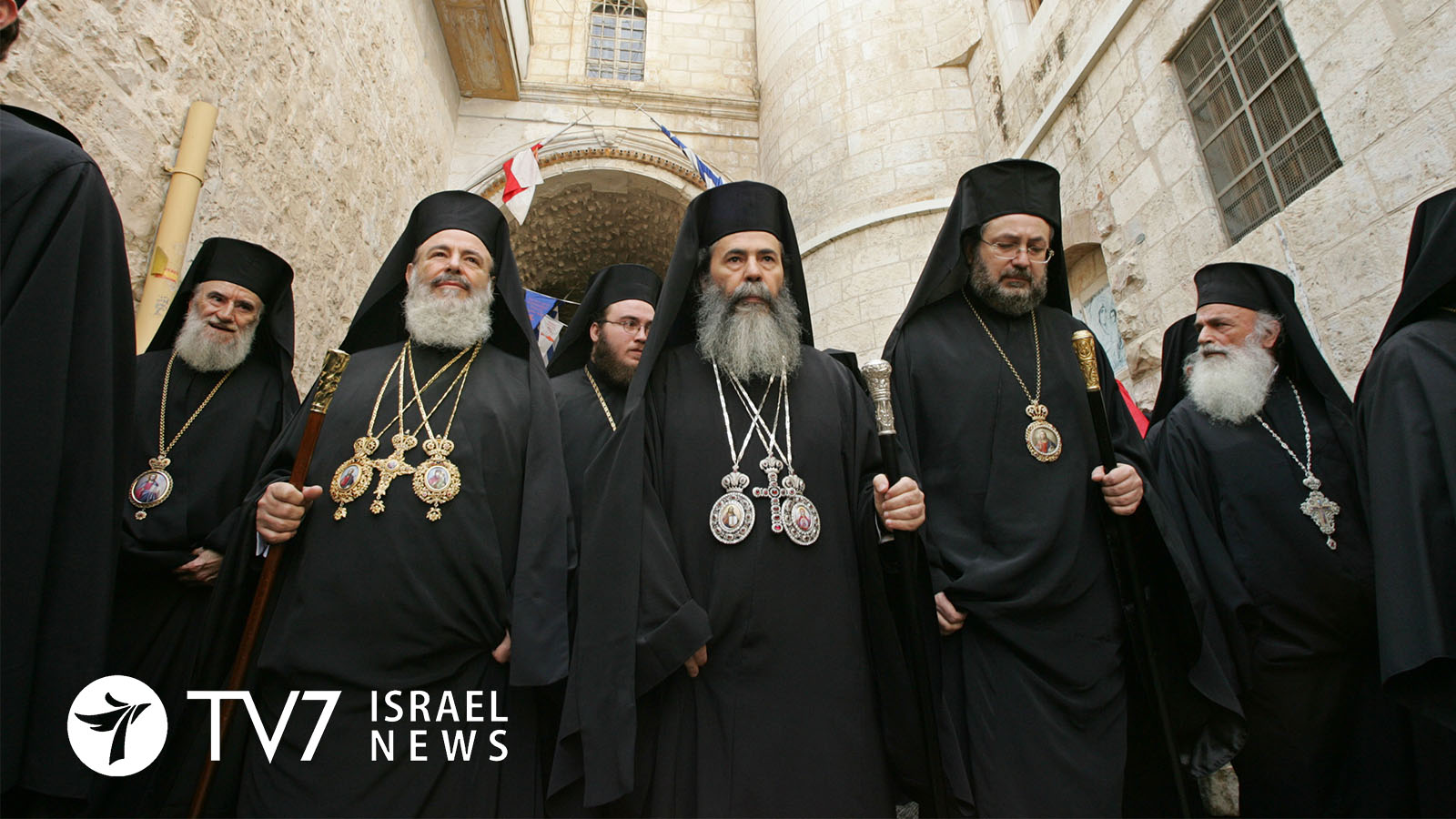Church leaders in Jerusalem have decided to shut the Church of the Holy Sepulcher, in protest of a new Israeli tax policy and a proposed land expropriation law which they condemned as a “systematic and unprecedented attack against Christians in the Holy Land.” Roman Catholic, Greek Orthodox and Armenian church leaders said the Church of the Holy Sepulcher, a popular stop for pilgrims and where many Christians believe Jesus was crucified and buried, would remain closed until further notice. “Today I get I an order from the Greek and the Armenian and the Catholic, to closing the church of the Holy Sepulcher because of the problem that our municipality, the Jerusalem municipality, asking for high taxes to pay for the churches,” Wajeeh Nuseibeh, In charge of the Church’ entrance.
An Israeli cabinet committee is due to consider next week a bill that would allow the state to expropriate land in Jerusalem sold by churches to private real estate firms in recent years. The stated aim of the bill is to protect homeowners against the possibility that private companies will not extend their leases. The churches, however, which are major landowners in the city, warn that such a law would not differentiate themselves from commercial real estate agencies and would essentially make it harder for them to maintain churches, as well as find buyers for their lands. “This is a move that says, look, the churches play a role here that can’t be ignored and don’t reduce us to a commercial entity or real estate agency. We have a very important spiritual role in this land,” Anna Koulouris, Official at the Greek Orthodox Patriarchate.
In response to the protest, Jerusalem Mayor Nir Barkat stressed, in a post on his Facebook page, that while Churches and prayer homes will continue to be exempt from city taxes, it was absurd that church owned hotels and other commercial facilities would receive tax benefits that over the years has amounted to some 650 million shekels. Mayor Barkat alleged that the ongoing exception of what he termed as “commercial properties of the church” was not legal and vowed to take the necessary actions to amend, what he referred to as “the flawed reality.”
